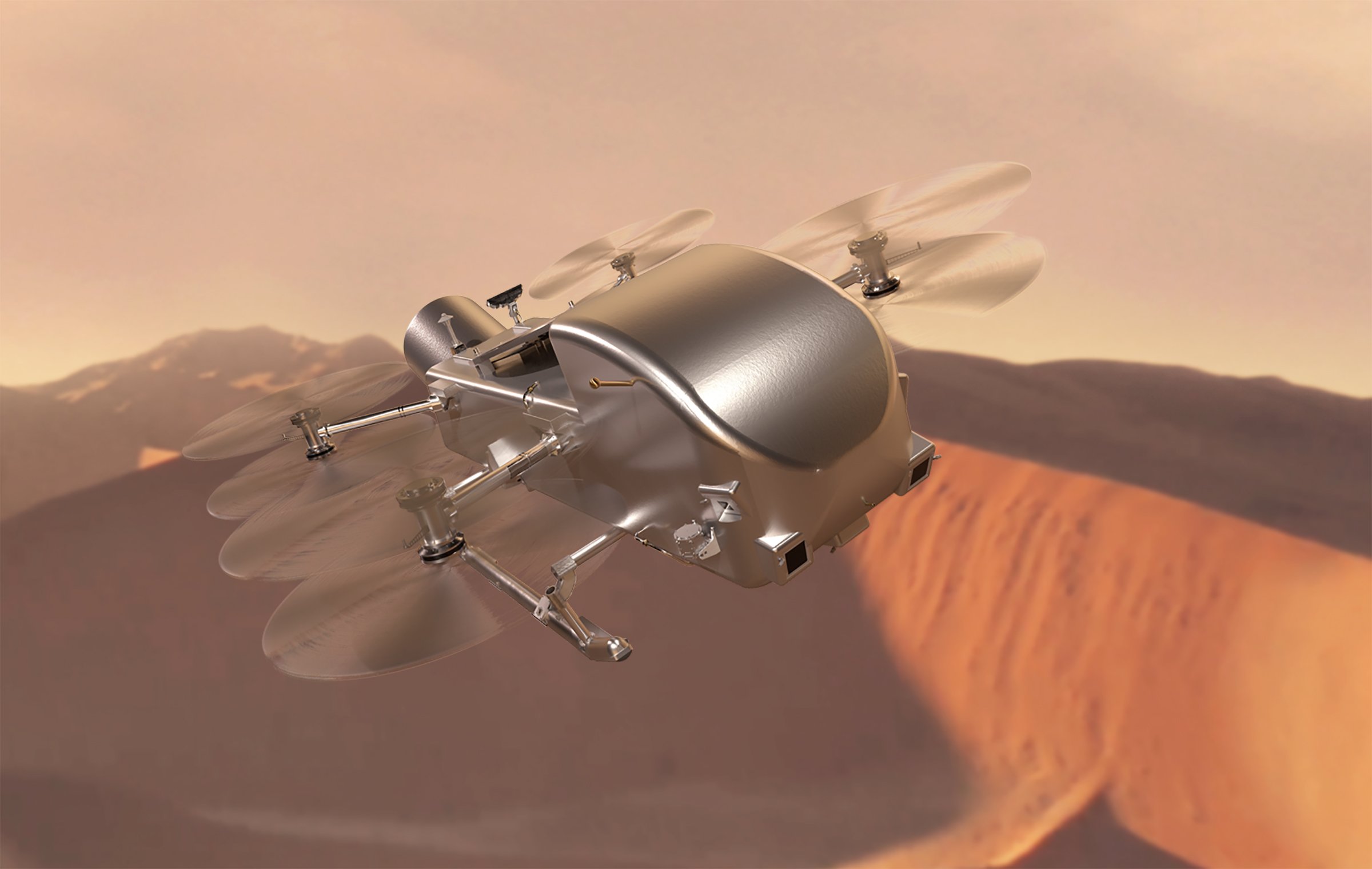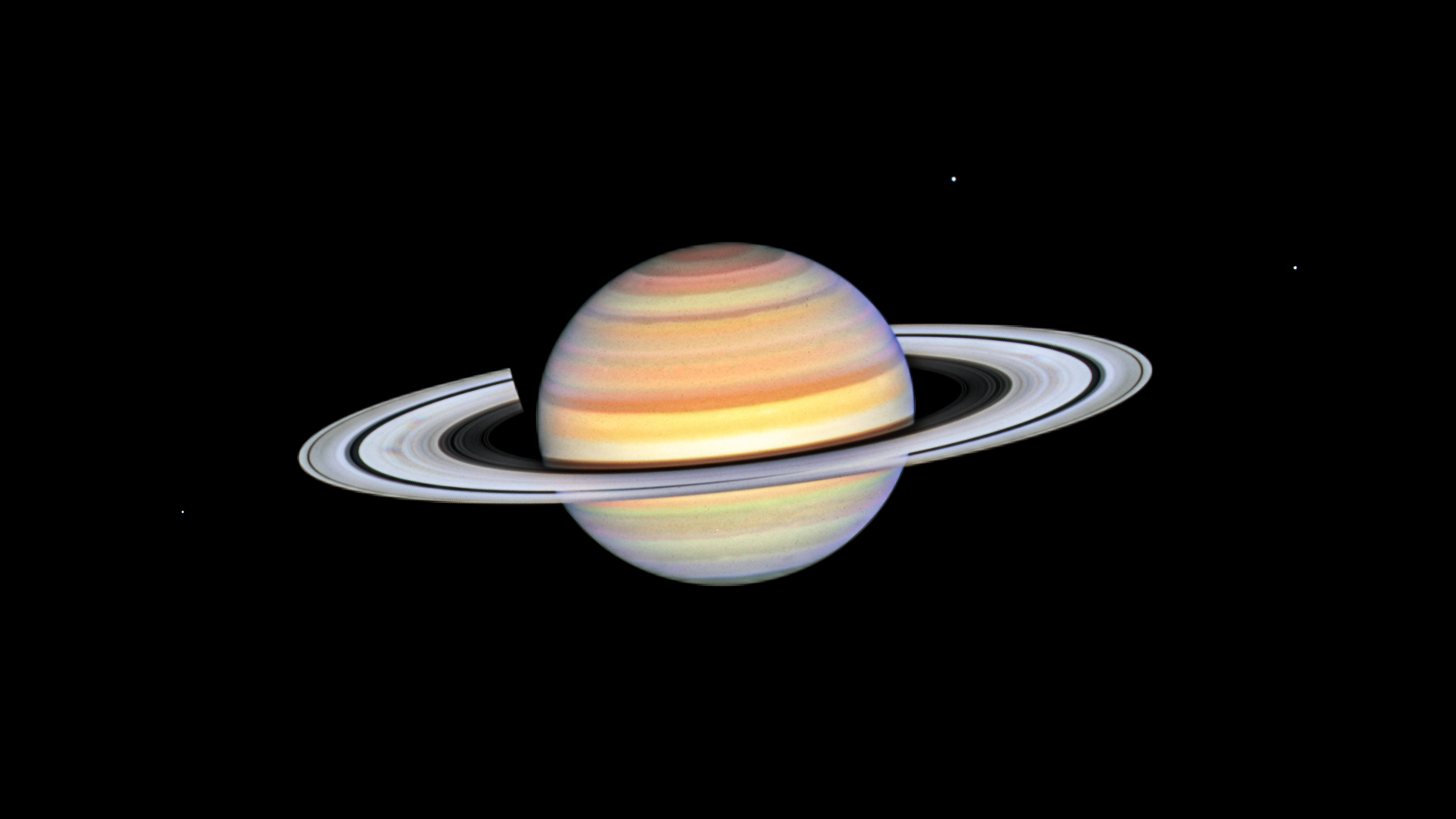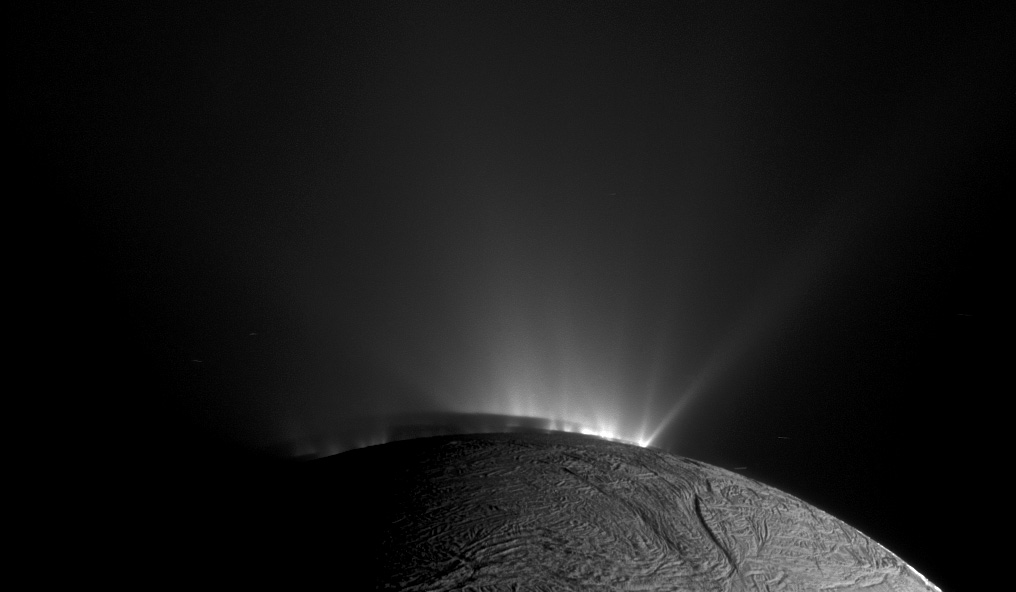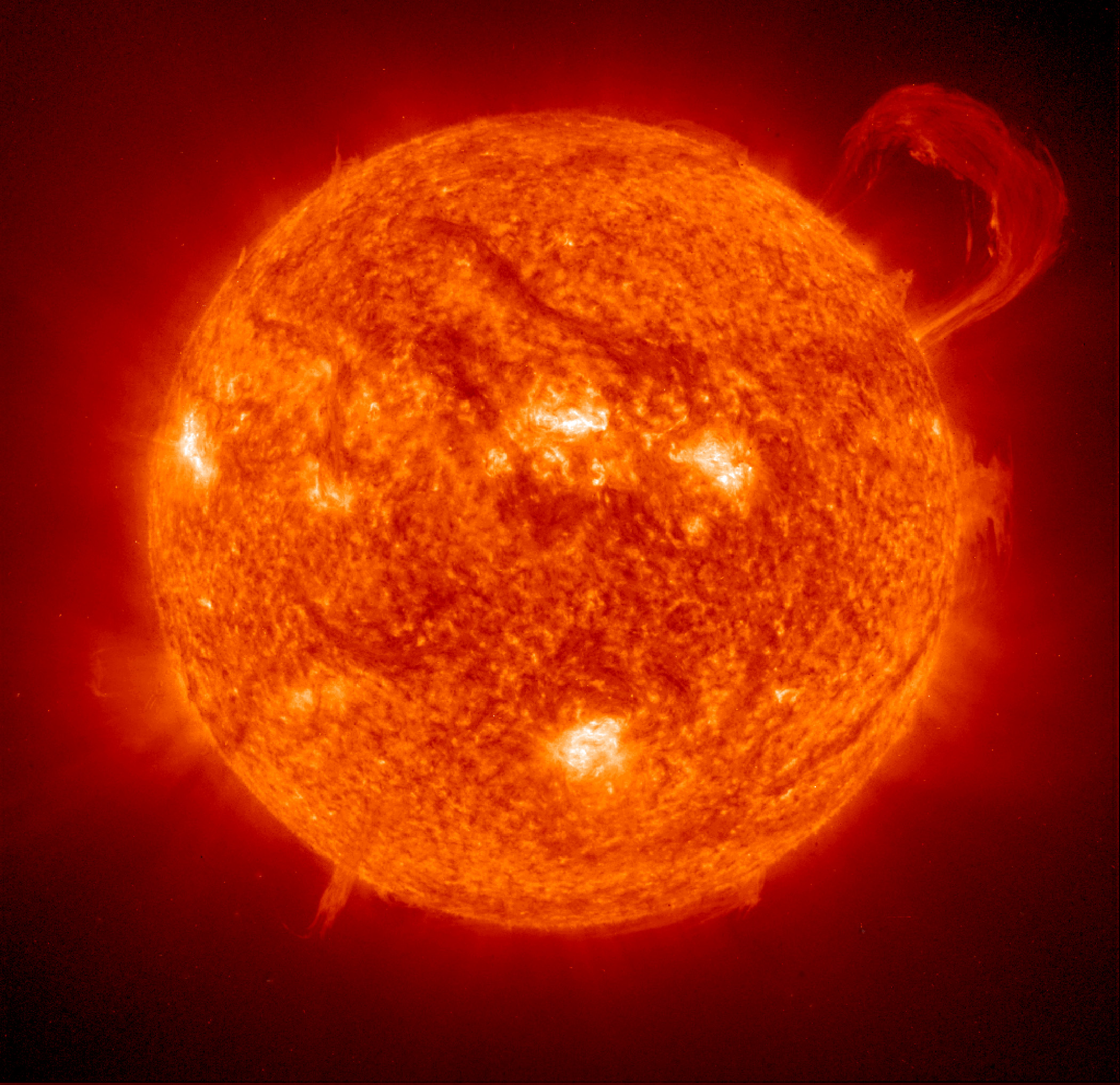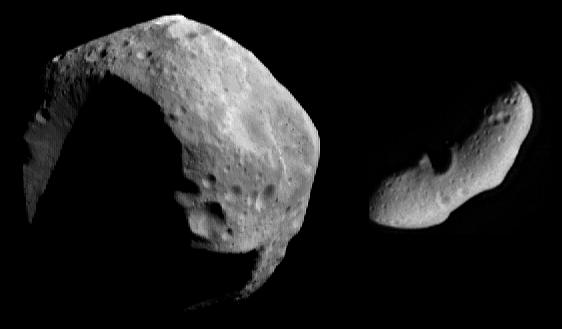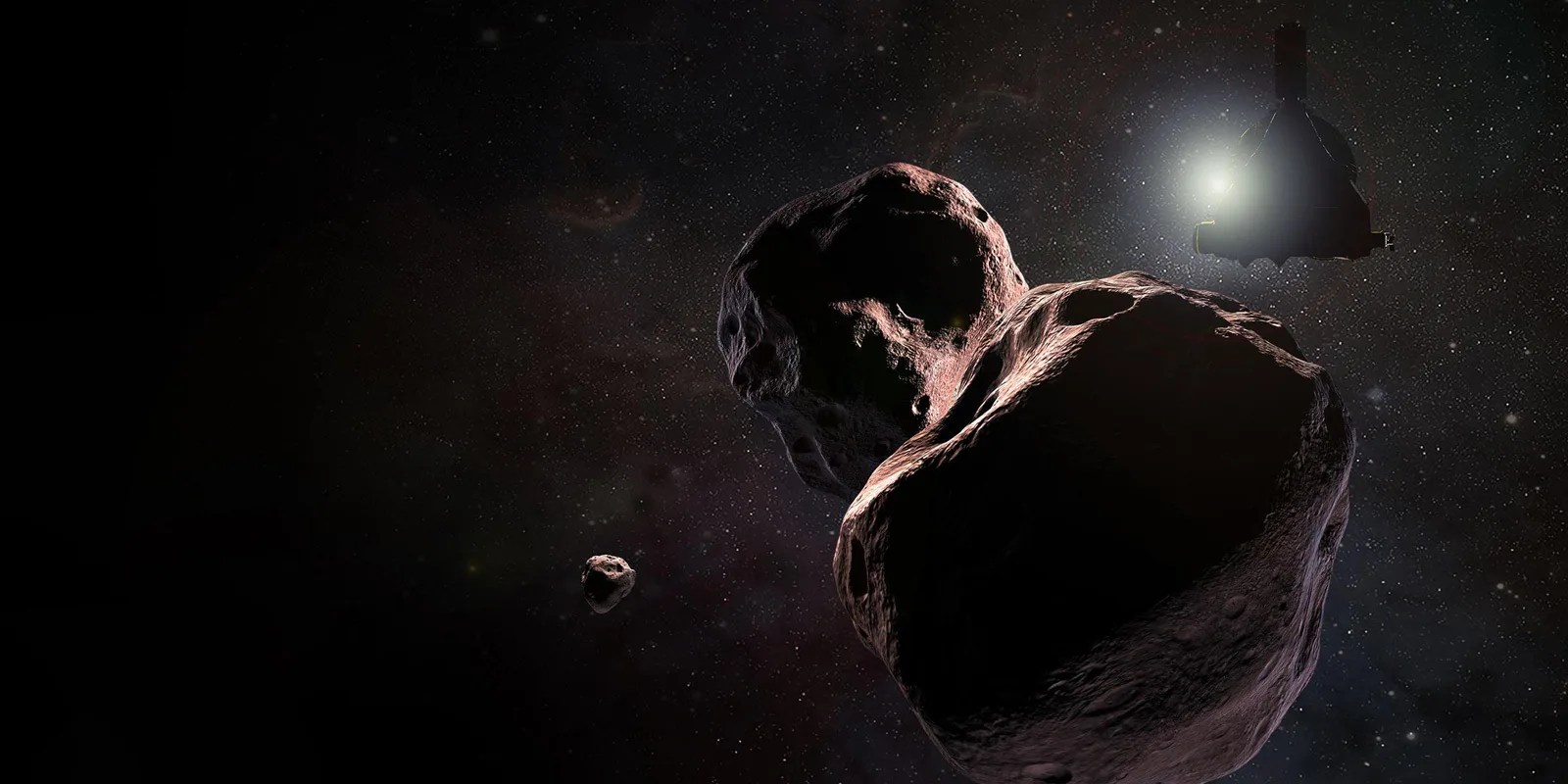3 min read
Cassini Significant Event Report
For Week Ending 08/17/01
The most recent spacecraft telemetry was acquired from the Madrid tracking
station on Tuesday, August 14. The Cassini spacecraft is in an excellent state
of health and is operating normally. Information on the
spacecraft's position and speed can be viewed on the
"Present Position"
web page.
Recent spacecraft activities include a Magnetospheric and Plasma Science
observation, two Radio and Plasma Wave Science (RPWS) High Frequency Receiver
Calibrations, and an RPWS Instrument Expanded Block Test. Real-time commands
were uplinked to the spacecraft as planned to update the definition of the
X-Band and Ka-Band body vectors, to perform routine Command & Data Subsystem
(CDS) memory readouts of the sequence registration table and non-interfering
error logs, and to clear the AACS High Water Marks.
In support of Tour planning, a program was uplinked that will characterize the
behavior of the X-Band Traveling Wave Tube Amplifier when operated in the manner
planned to be used during the tour. This program will execute later this week.
Mission Planning continued timeline development for tour Orbit Trim Maneuvers
(OTMs). It was determined that nominal OTMs can be placed in the middle of
nearly all expected DSN passes without encountering background sequence
telemetry mode changes, which could interfere with storage of OTM data and
subsequent science playback.
The Cassini Information Management System 1.3 was delivered. This delivery
provides Extensible Markup Language (XML) export capability to support
near-term Science Operations Plan development milestones.
The full Integration Test Laboratory retest of all modules for Mission
Sequence Subsystem D7.6 completed successfully.
Mission Support & Services Office Security personnel have begun leading the
annual Cassini security training courses, in an effort to make sure all Cassini
team members are informed of the up-to-date security policies and procedures.
Cassini Outreach personnel made a presentation on Saturn and Cassini to 30
college and high school educators at a course jointly sponsored by JPL and
California State University, Northridge. Thirty-three Solar System Educators
were updated on Cassini results from Jupiter and practiced using an activity
from the Saturn Educator Guide. These master teachers will share their
expertise with other teachers in their communities and elsewhere, so that
more solar system exploration materials will be used in classrooms throughout
the U.S.
Additional information about Cassini-Huygens is online at http://saturn.jpl.nasa.gov.
Cassini will begin orbiting Saturn on July 1, 2004, and release its piggybacked Huygens probe about six months later for descent through the thick atmosphere of the moon Titan. Cassini-Huygens is a cooperative mission of NASA, the European Space Agency and the Italian Space Agency. JPL, a division of the California Institute of Technology in Pasadena, manages the mission for NASA's Office of Space Science, Washington, D.C.
Media Relations Office
Jet Propulsion Laboratory
California Institute of
Technology
National Aeronautics and Space
Administration
Pasadena, Calif. 91109.
Telephone (818) 354-5011

